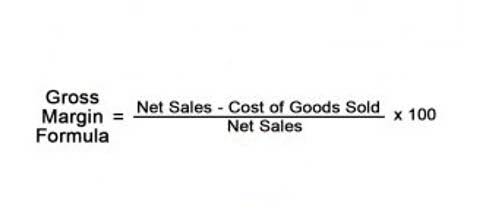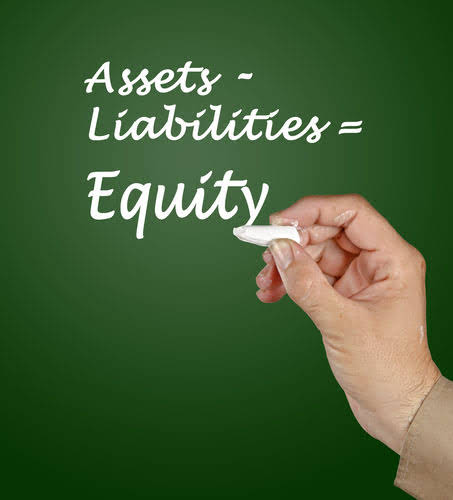The Ultimate Guide to Real Estate Accounting: Best Practices and Tips

Once you click “continue,” you will be brought to a third-party website. Please be aware, the privacy policy may differ on the third-party website. Adtalem Global Education is not responsible for the security, contents and accuracy of any information provided on the third-party website. Note that the website may still be a third-party website even the format is similar to the Becker.com website.
Why is real estate accounting important?
- For instance, a stepped rent lease might have varying rental amounts over its term.
- Regular reviews and updates ensure that the data remains current and accurate.
- There are a few legal record-keeping requirements for real estate agents, including keeping all transaction records and descriptive information about your clients.
- Personalization ensures that the software aligns with specific business strategies.
- Becker is here to help you answer your questions surrounding this accounting specialization and share the knowledge you need to succeed as a real estate accountant.
- Accurate allocation drives business success and ensures that resources support property management objectives.
- The real estate industry comprises many different types of businesses, from developers and real estate agents to appraisers and investors.
Explore our accounting services for small businesses to ensure your financial processes are streamlined and efficient. Keeping track of your accounts payable and receivable is critical for maintaining a healthy cash flow. Use tools like general ledger software to stay organized and ensure timely payments.

Use Rental Property Accounting Software
Developers and property management firms utilize accounting to plan and optimize their operations. Understanding the spectrum of users highlights the pervasive importance of real estate accounting in the industry. Deferred expenses, like prepaid maintenance contracts, are future expenses paid in advance.
A Complete Guide to Accounting For Real Estate Agents

Regular financial reviews ensure that rental incomes are optimized. Training sessions offer insights into best lease management practices. Advanced analytics provide insights into tenant preferences and market demand. For property management firms, efficient lease management, powered by robust real estate accounting, is crucial for profitability and growth. Good real estate accounting provides tools and insights for accurate revenue forecasting.

Training sessions and advanced software solutions can further enhance fiscal responsibility. For real bookkeeping for real estate agents estate professionals, demonstrating fiscal responsibility is a core value. Accurate demonstration ensures that businesses operate with transparency and integrity.
Understanding Financial Accounting Standards
Regular depreciation reviews ensure that assets are valued correctly. Moreover, understanding the methods and implications of depreciation is crucial. It ensures that properties are consistently depreciated, Certified Bookkeeper reflecting their true wear and tear. Proper management ensures that properties remain profitable and sustainable. It involves tracking all inflows and outflows related to a property, ensuring financial stability. The real estate industry is governed by specific financial regulations.

- Nowadays, the term “bookkeeping” refers only to the accounting practice—you don’t actually have to keep transaction records in printed business ledgers.
- It involves understanding and adhering to financial accounting standards and maintaining transparency in transactions.
- Accurate reporting is essential for informed decision-making, attracting potential investors, and ensuring the business’s sustainability.
- Real estate accounting involves managing finances for properties such as residential homes, commercial buildings, or land.
- If the numbers are off track, this regularity allows you to pivot and track down errors in your accounts without huge time lags.
That’s why we designed our platform specifically for landlords like you. With our built-in time-saving features, you can simplify your bookkeeping. Try REI Hub’s rental property accounting software today (for free!) to streamline your bookkeeping. Real estate accounting might not be the most exciting part of owning rental property, but it’s a key component of running a successful business. Accurate, well-organized books give you insight into your business so you can manage your rental properties efficiently and effectively. The real estate market is dynamic, with ever-evolving financial practices.
This involves ensuring compliance with accounting standards, gaining insights from financial analysis, and benefiting from tax planning and strategies. Depreciation adjustments ensure that assets are valued accurately over time. Overlooking these adjustments can distort income statements and mislead stakeholders. Regular reviews ensure that depreciation adjustments are made accurately. For real estate professionals, accurate depreciation adjustments are crucial. Accurate depreciation adjustments drive financial transparency and stakeholder trust.
This certification ensures that they have the necessary education, experience, and ethical standards to provide high-quality accounting services. Commission checks are an important part unearned revenue of making a living as a real estate agent, but you can’t rely on those funds until they clear. If you have the money spent before it clears, you can harm your own cash flow. Creating a system for accurate reporting is essential for any organization.
